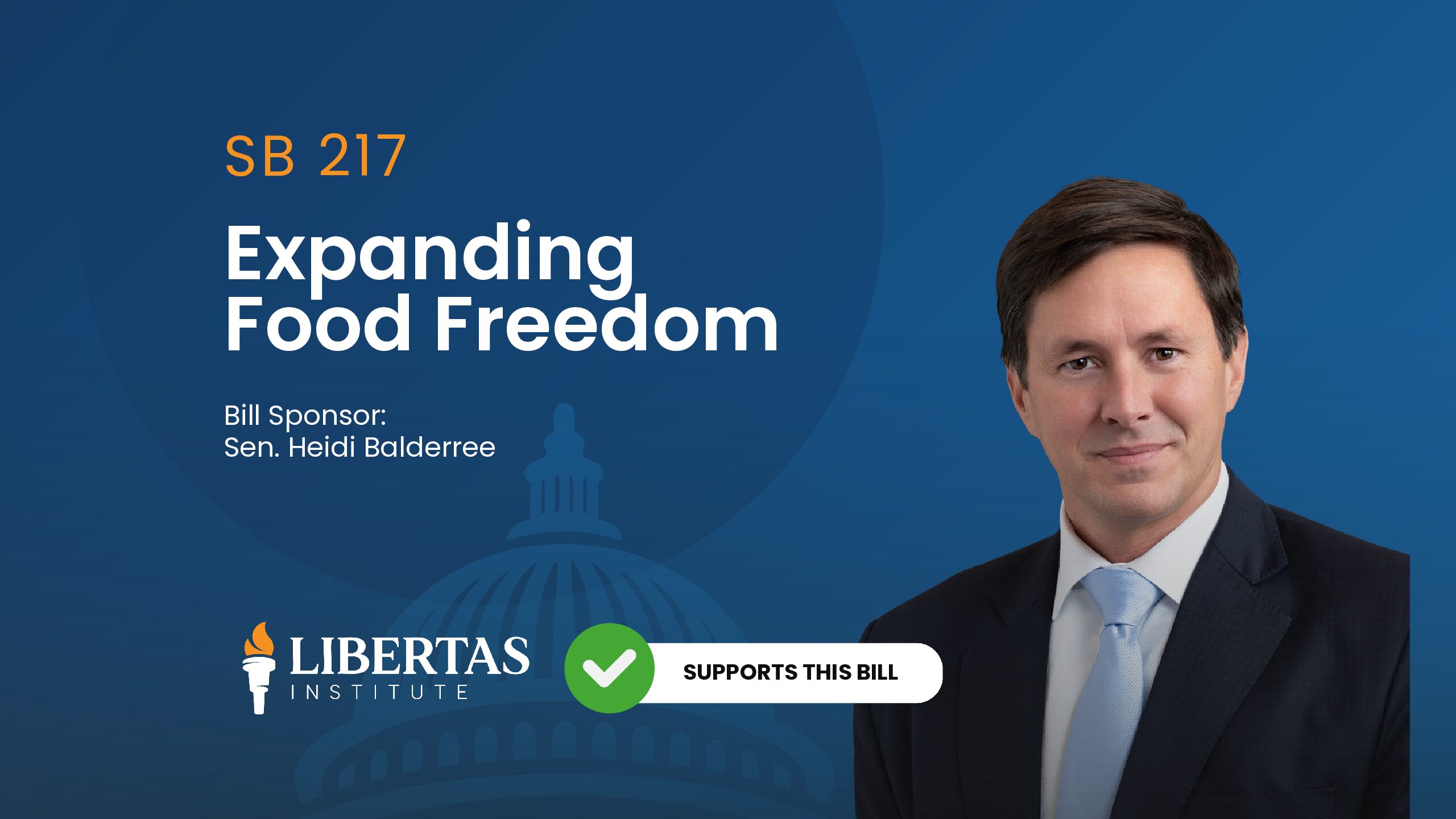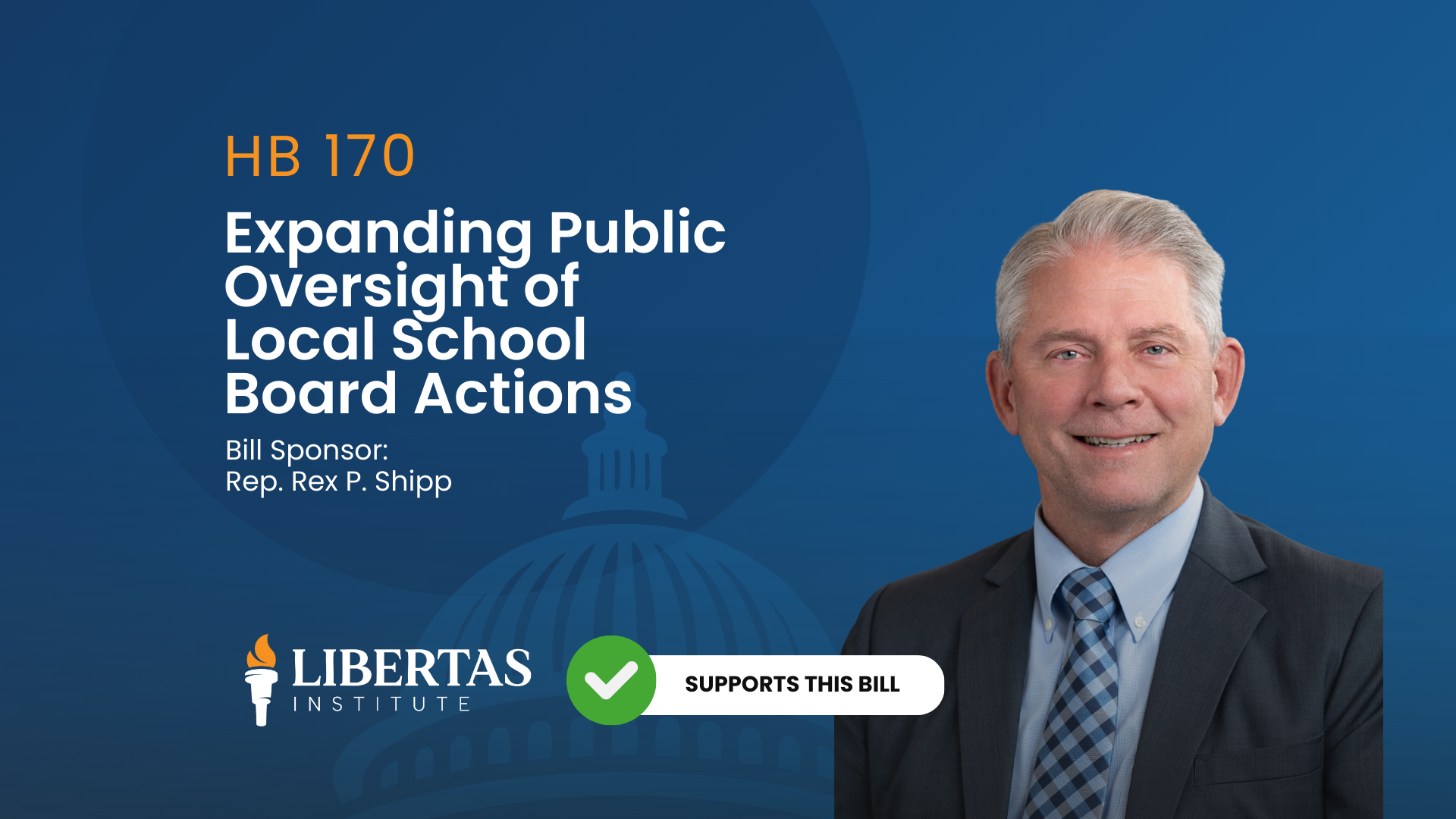This bill passed the House and Senate unanimously. Review our tracker for more information.
Libertas Institute supports this bill
Utah is struggling with a shortage of mental health providers. SB 26, sponsored by Sen. Curt Bramble, addresses this by reducing barriers to entry for the behavioral health industry.
Supervision Hours
One such barrier is that 73% of behavioral health jobs require a master’s degree or higher. This is high compared the medical industry, where only 33% of jobs require a master’s degree or higher.
In order to become a master’s-level clinical therapist, the candidate must accumulate 3000 supervision hours. These hours include general clinical supervision (2000 hours), Direct client care (around 900 hours), and direct clinical supervision (around 100 hours).
In general clinical supervision, students spend their time studying, doing administrative tasks, and client care. In direct client care, they carry out therapy and clinical tasks. And in direct clinical supervision, supervisors discuss cases with the candidate and observe the candidate in practical situations.
This bill would change the focus of practice hours from quantity to quality. SB 26 reduces the total number of direct clinical supervision and direct client hours from 3,000 to 1,500. The focus of these hours would move from general clinical supervision to more relevant work practices.
On the Prescription of Drugs
Another issue this industry faces is a lack of qualified behavioral health professionals who can prescribe drugs. In order to legally prescribe drugs, one must have a Ph.D. in psychology and 4000 hours of practicum.
SB 26 creates an alternative path to prescribing drugs related to behavioral health.
This alternative pathway streamlines the process for students by eliminating the Ph.D. requirement. To fight against shortages and overly-restrictive procedures, the bill creates more alternatives to being a fully-licensed therapist.
SB 26 creates a 1-year certification to become a behavioral health technician. It also creates a behavioral coach license for people with bachelor’s degrees. By doing this, students who have relevant majors outside of social work can more effectively transition into Behavioral health.
SB 26 represents a necessary step towards a better system for behavioral health system in Utah.




